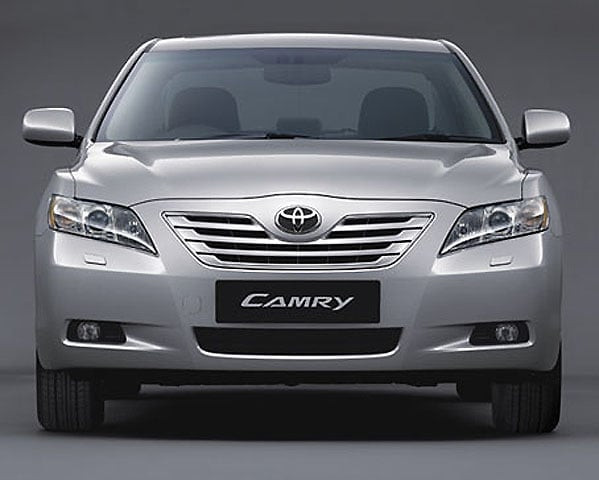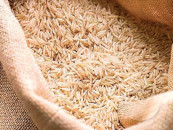Corporate results: Indus Motor shifts down a gear
Car prices increased on average by seven to eight per cent during financial year 2011.

The country’s second largest automobile maker’s net profit stood at Rs2.74 billion compared with the preceding year’s Rs3.44 billion, according to a notice sent to the Karachi Stock Exchange on Wednesday.
Gross margins declined by 120 basis points to 6.6% from 7.8% in fiscal 2010 due to rupee depreciation against the Yen and dollar, said Topline Securities analyst Furqan Punjani.
The company’s net profit was much ahead of market expectation as analyst expected the bottom-line to stand, on average, around Rs2.1 billion.
The result was accompanied with a final cash dividend of Rs10 per ordinary share of Rs10, taking the total financial year 2011 payout to Rs15.
Other income fell 16 per cent to Rs1.51 billion mainly due to lower cash balance on the back of decline in advances from customers.
The company’s net sales increased by three per cent to Rs61.7 billion in the period under review due to higher prices and not increase in number of cars sold.
Car prices increased on average by seven to eight per cent during financial year 2011.
Sales of Toyota Corolla – the highest selling car of the outgoing financial year – fell six per cent while sale of Cuore and Hilux witnessed a substantial rise of 13% and 44% during the period under review, respectively.
The company paid tax at an effective rate of 32% while company had paid tax at the rate of 34% last year.
Fatima Fertiliser losses double
Fatima Fertiliser’s net losses doubled to Rs152.7 million in the first half of 2011 on the back of administration related costs and minimum tax liability.
Sales remained buoyant and volumes continued to grow over last year, the company said in the result review, however, the figure was not mentioned in the profit and loss account as the company only released a condensed version of the account.
The company’s stock, third most traded share at the Karachi Stock Exchange on Wednesday, price fell Rs0.12 to close at Rs16.15.
The liquidity position of the company has improved following the Nitro Phosphate (NP) plant coming online after all financial obligations of the company have been met from cash generated operations, says the statement.
The company administrative expense rose 33 per cent to Rs80.6 million in the period under review.
The fertiliser maker became the only firm in the sector to have listed American Depository Receipts in March 2011. The company ADRs will be traded in New York in the over the counter market.
Outlook
The continued gas curtailment to the fertiliser sector will make it difficult to meet the urea demand of the Rabi season while prices of di-ammonia phosphate are expected to stay at higher levels, says the statement.
Under the current market conditions the company is expected to do well in the foreseeable future, the statement said.
Published in The Express Tribune, August 25th, 2011.


















COMMENTS
Comments are moderated and generally will be posted if they are on-topic and not abusive.
For more information, please see our Comments FAQ